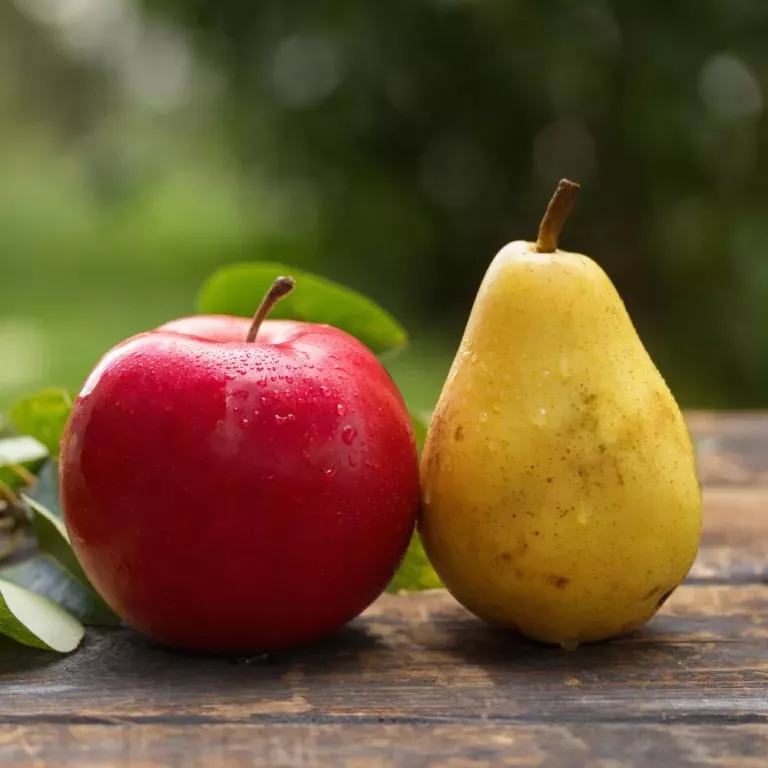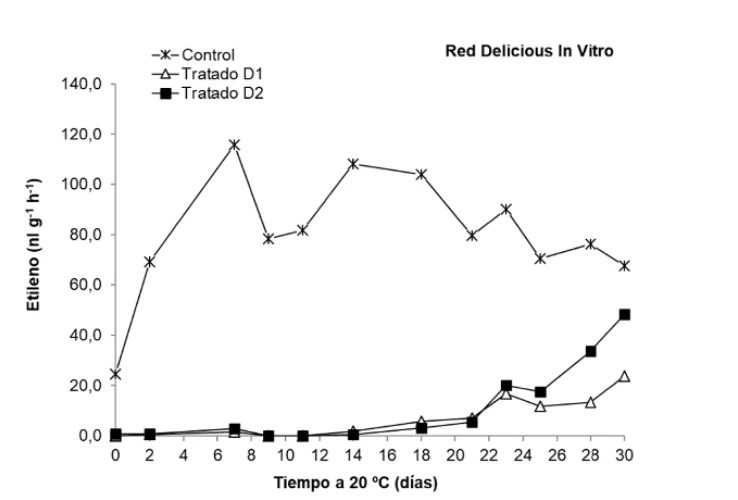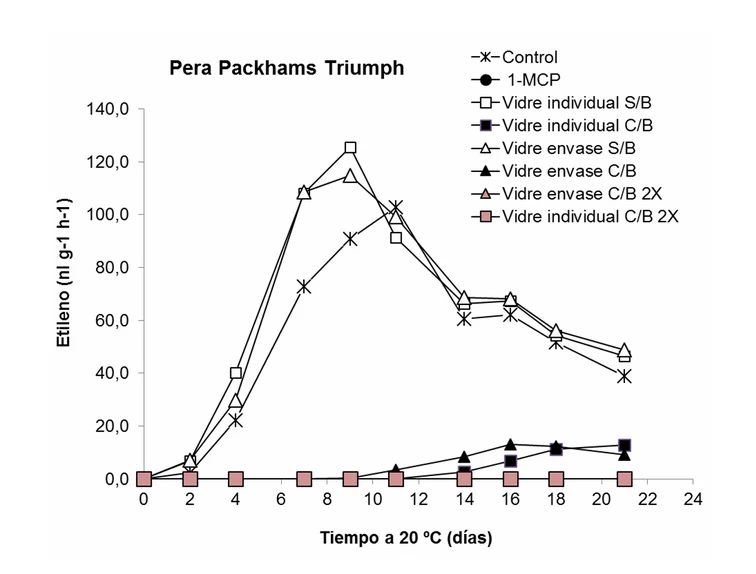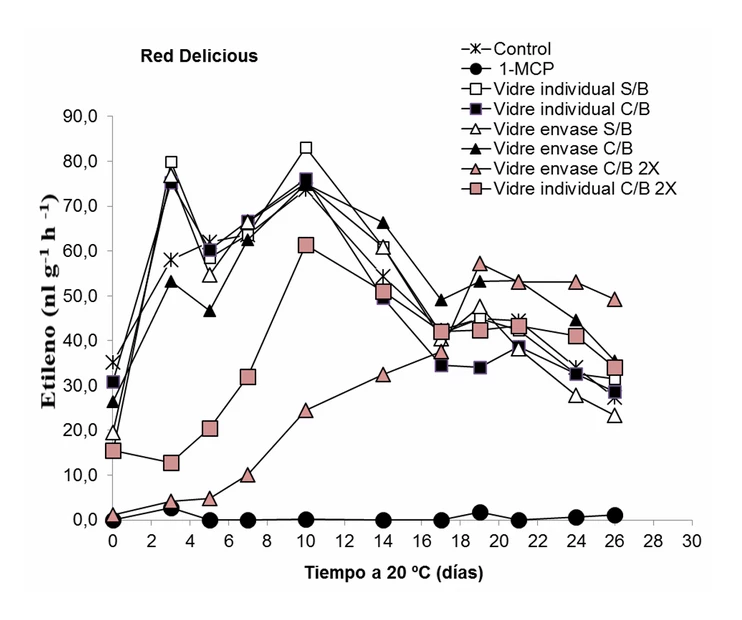
The study has been commissioned by Wassington Argentina to Mrs Gabriela Calvo and her team. Mrs Calvo is a world-renown expert and a Ph.D. in Agricultural Sciences from the University of Buenos Aires. She worked on research in the postharvest area at the EEA Alto Valle since 1993 and as group leader of the postharvest area from 2007 to 2017. In recent years, she has focused her work on the development of integrated systems for the control of physiological disorders in pears and apples. She is currently a Post-Harvest Research Technician at INTA Alto Valle and her research lines are related to the evaluation of new technologies for the preservation of pome fruit trees and studies on the physiology of pome fruit in order to find alternatives to traditional preservations products with less impact on the environment and peopleâs health.
The study would also not have been possible without the support of INTA. The National Institute of Agricultural Technology (INTA) is a state agency under the Ministry of Agriculture, Livestock and Fisheries of Argentina. Since 1956 it has been carrying out research and technological innovation in value chains, regions and territories to improve competitiveness and sustainable rural development in Argentina. INTAâs efforts are oriented towards innovation as an engine for development, promoting inter-institutional cooperation, generating knowledge and technologies and putting them at the service of the sector through its extension, information and communication systems.
We would also like to express our gratitude to Wassington for their tremendous contribution in the creation of this research and for being the sole distributor of Vidre+ in Argentina. Wassington is a leader in Argentinian post-harvest market. Wassingtonâs Agro Division is engaged in the research, development and marketing of a proven line of post-harvest treatment products for the preservation, conservation, sanitisation and improvement of fresh fruit and some vegetables, made from raw materials that strictly comply with international sanitary requirements.
Four trials were carried out:
1. In vitro sticker effectiveness
In this trial, the effect of individual stickers on the production of ethylene was evaluated under controlled and optimal conditions for the release of 1-MCP. The trial was carried out on late harvest Red Delicious apples.
2. Effect of sticker type, packaging method and dosage
The trial was conducted on optimally harvested Packhamâs Triumph pears and Red Delicious apples.
In this trial 3 factors were evaluated:
3. Effect of bag closure
In this trial, the effect of bag closure method by twisting was evaluated. The trial was carried out on Red Delicious apples.
4. Effect of the use of a bell-type bag
In this trial, the effect of using a hooded bag or container for treatment of a quantity of fruit in plastic baskets was evaluated. The trial was conducted on Crippâs Pink.
All trials showed that the treatment with Vidre+ (1-MCP) applied by means of individual stickers significantly reduced ethylene production with respect to the Control. Maturity indices of “Red Delicious” apples untreated (control) showed twice as much firmness loss as apples treated with different 1-MCP strategies applied by the Vidre+ system. The Control loss of firmness was 3.95 lb after 7 days and 6.18 lb after 14 days. When applied by means of stickers placed on the packaging (Vidre package C/B 2X) the loss of firmness was reduced and remained at 13.12 lb after 14 days at 20oC, while when applied by means of individual stickers (Vidre individual C/B 2X) the differences in firmness were also significant with respect to the Control, although somewhat smaller (11.49 lb). The results showed also that Vidre+ extends the shelf life of tested fruits by an average of more than 30 days at room temperature. In addition, after 14 days of tests, 9x more internal disorders were discovered in control, that were not treated with Vidre+.
a) Ethylene production of “Red Delicious” apples untreated (Control) or treated with 1-MCP using individual sticker D1 (Treated D1) or individual sticker D2 (Treated D2), evaluated for 30 days at 20oC.

graph showing ethylene producion of apples untreated and treated with 1-MCP
b) Ethylene production of ‘Packham’s Triumph’ pears untreated (Control) or treated with different 1-MCP strategies applied by the Vidre+ system, evaluated for 21 days at 20oC.

graph showing ethylene production in pears treated and untreated with 1-MCP
c) Ethylene production of ‘Red Delicious’ apples untreated (Control) or treated with different 1-MCP strategies applied by the Vidre+ system, evaluated for 26 days at 20oC.

graph showing ethylene production of apples untreate and treated with 1-MCP
Feel free to contact us or Wassington if you are interested in a Vidre+ solution. If you have any questions or concerns about the matter above or you would like to get access to the whole report, please do not hesitate to contact us by email krzysztof.czaplicki@freshinset.com.